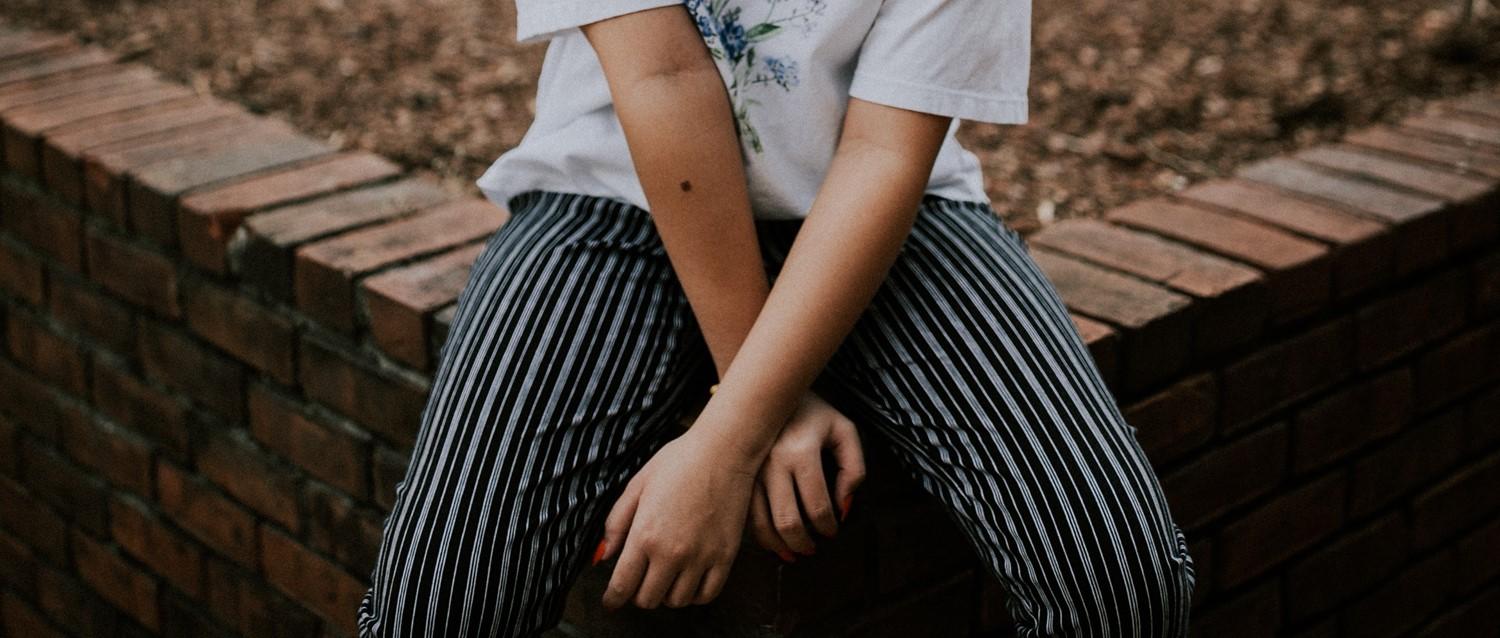
Morning after pill myths debunked
Peer reviewed by Dr Sarah Jarvis MBE, FRCGPAuthored by Dr Jennifer Kelly, MRCGPOriginally published 16 Nov 2017
Meets Patient’s editorial guidelines
- DownloadDownload
- Share
- Language
- Discussion
Sometimes, despite our best intentions, accidents happen. If you find yourself needing emergency contraception because of unprotected sex, try not to panic. Here we debunk the most common misconceptions about taking 'the morning after pill'.
In this article:
As its common name suggests, the morning after pill is designed to be used after someone has had unprotected sex or intercourse with failed contraception. But, as we'll learn later, this commonly used name can also be misleading. Here are some of the myths you need to stop believing:
Continue reading below
Myth: It only works the morning after
It is commonly thought that emergency contraception can only be taken in the 24 hours after sex. But it's not true. Some forms can be taken up to five days after sex has taken place. So we'll stop calling it the 'morning after pill' from here on!
Of course, ideally, emergency contraception should be taken as soon as possible after unprotected sex (or failed contraception). One pill called Levonelle® has to be taken within three days of having unprotected sex, whereas another called EllaOne® can be used up to five days after the event. But (and it's a big but) both pills are only effective if taken before ovulation has occurred.
"It's best to try to take a pill as soon as possible after unprotected sex, but there are all sorts of reasons why it might not be possible to get hold of emergency contraception straightaway - and it's much better to get it later than not at all," Bekki Burbidge, Deputy Chief Executive at sexual health charity the FPA reveals.
Myth: There's only one type of emergency contraception
For many years, Levonelle was the only type of emergency contraception pill available. But more recently, a second type called EllaOn® has emerged. EllaOne® has the benefit that it can be effective in most women up to five days after having sex, compared to three days for Levonelle®.
It's less commonly known, but there is a third type of emergency contraception that can be used as well. The copper coil (IUCD) is also effective for up to five days after sex has taken place.
Continue reading below
Myth: Emergency contraception is always effective
How effective is the morning after pill?
Unfortunately, this isn't always the case. How effective emergency contraception is depends on which type you take and how soon after unprotected sex you manage to take it. Both types are very effective if taken in the first 12 to 24 hours after sex, but the effectiveness of Levonelle® declines rapidly once more than 48 hours has lapsed.
Certain medications you might be taking can also alter the effectiveness of your emergency contraception, such as treatments for epilepsy and heartburn and the over-the-counter medication St John's wort.
In addition, emergency contraception pills work by delaying or stopping ovulation (release of an egg), so if taken later in your cycle, after ovulation has occurred, it's unlikely to work.
Myth: You can only get emergency contraception from your doctor
In the UK, emergency contraception is available in a number of different locations. You can get it at most GP surgeries, some sexual health clinics and community contraception clinics as well. In addition, most NHS walk-in centres and accident and emergency departments also stock the emercency contraceptive pill.
Alternatively, most major pharmacies now have it available to buy following a short consultation with the pharmacist and, increasingly, some online doctors offer it as well.
Burbidge explains: "Pills are available for free from your GP and from contraception and sexual health clinics. Pills are also available for free in some pharmacies and this is something we'd like to see become much more widespread."
Continue reading below
Myth: You're protected for the rest of your cycle
Taking the emergency contraceptive pill does not protect you from pregnancy later on in your cycle. If you have sex again before you have your period, you would need to use another form of contraception. Emergency contraception is not designed to be used as a regular form of contraception but can be used more than once in a cycle if necessary.
Myth: The most expensive pill must be the most effective
As discussed, there are two main types of emergency contraceptive pill. The active ingredient of the first one, Levonelle®, is the hormone levonorgestrel. There are now non-branded (generic) versions of this medication available in a number of pharmacies. These contain the same amount and type of levonorgestrel and will be equally effective as the more expensive branded version. They are sometimes half the price of the main brand but no less effective.
The other type of pill, EllaOne® is generally a bit more expensive, and there is just the one version available. But evidence suggests it is the more effective of the two, especially if taken more than 48 hours after having sex.
Myth: It will still work if you're sick afterwards
If you are sick within three hours of taking either Levonelle® or EllaOne®, please seek medical advice as you will need a further dose or a different method of emergency contraception. If you have vomited up the medication before it has been absorbed, it is unable to work.
Myth: Taking it too often will affect your fertility
There's no evidence that shows that taking emergency contraception has any long-term effects on your fertility.
Burbidge explains: "You can use emergency pills as often as you need to - this includes taking emergency pills more than once in a menstrual cycle if needed, although it may not be possible to take a different type of pill in the same cycle. Emergency contraception isn't as effective as using other methods regularly however."
It's certainly not a good idea to rely on emergency contraception as your main method of preventing pregnancy though. Speak to your GP or your local sexual health clinic about the contraceptive options available to you.
Myth: It increases the chances of ectopic pregnancy
There is no evidence to suggest that emergency contraceptive pills increase your risk of having an ectopic pregnancy. Because emergency contraceptive pills reduce your risk of pregnancy, theoretically, they also reduce your risk of ectopic pregnancy too.
But occasionally, ectopic pregnancies can still occur after a woman uses an emergency contraceptive pill. If you develop abdominal pain around when your period is due after taking it, please see your doctor.
Accidents happen
Please remember, emergency contraception is something most women need at some point in their lives. Accidents do happen so it is best to be prepared. However, as mentioned before, 'the morning after pill' is not recommended as a long-term contraceptive so it's worth seeing your GP for better options.
If you are concerned about any symptoms after taking the emergency contraceptive pill or are worried about sexually transmitted infections, contact your GP or your local sexual health clinic. And if your period is more than seven days late, is lighter than normal or you develop stomach pain, it is really important to seek medical advice.
For more information about contraception, the FPA has an online resource called Sexwise which is a really great place to start.
Patient picks for Contraception

Sexual health
The pros and cons of female condoms
Condoms are public health's first line of defence when it comes to protecting us from STIs - so much so that putting a condom on a banana is the defining image of many people's sex education. But there are more options than you might realise.
by Milly Evans

Sexual health
Does hormonal contraception affect your sex drive?
Anyone who has used hormonal contraception has most likely seen the long list of potential side effects. Next to the health warnings, 'change in sex drive' is easy to ignore. But for women who experience them, changes in libido can be frustrating and upsetting.
by Milly Evans
Continue reading below
Article history
The information on this page is peer reviewed by qualified clinicians.
16 Nov 2017 | Originally published
Authored by:
Dr Jennifer Kelly, MRCGPPeer reviewed by
Dr Sarah Jarvis MBE, FRCGP

Ask, share, connect.
Browse discussions, ask questions, and share experiences across hundreds of health topics.

Feeling unwell?
Assess your symptoms online for free
Sign up to the Patient newsletter
Your weekly dose of clear, trustworthy health advice - written to help you feel informed, confident and in control.
By subscribing you accept our Privacy Policy. You can unsubscribe at any time. We never sell your data.